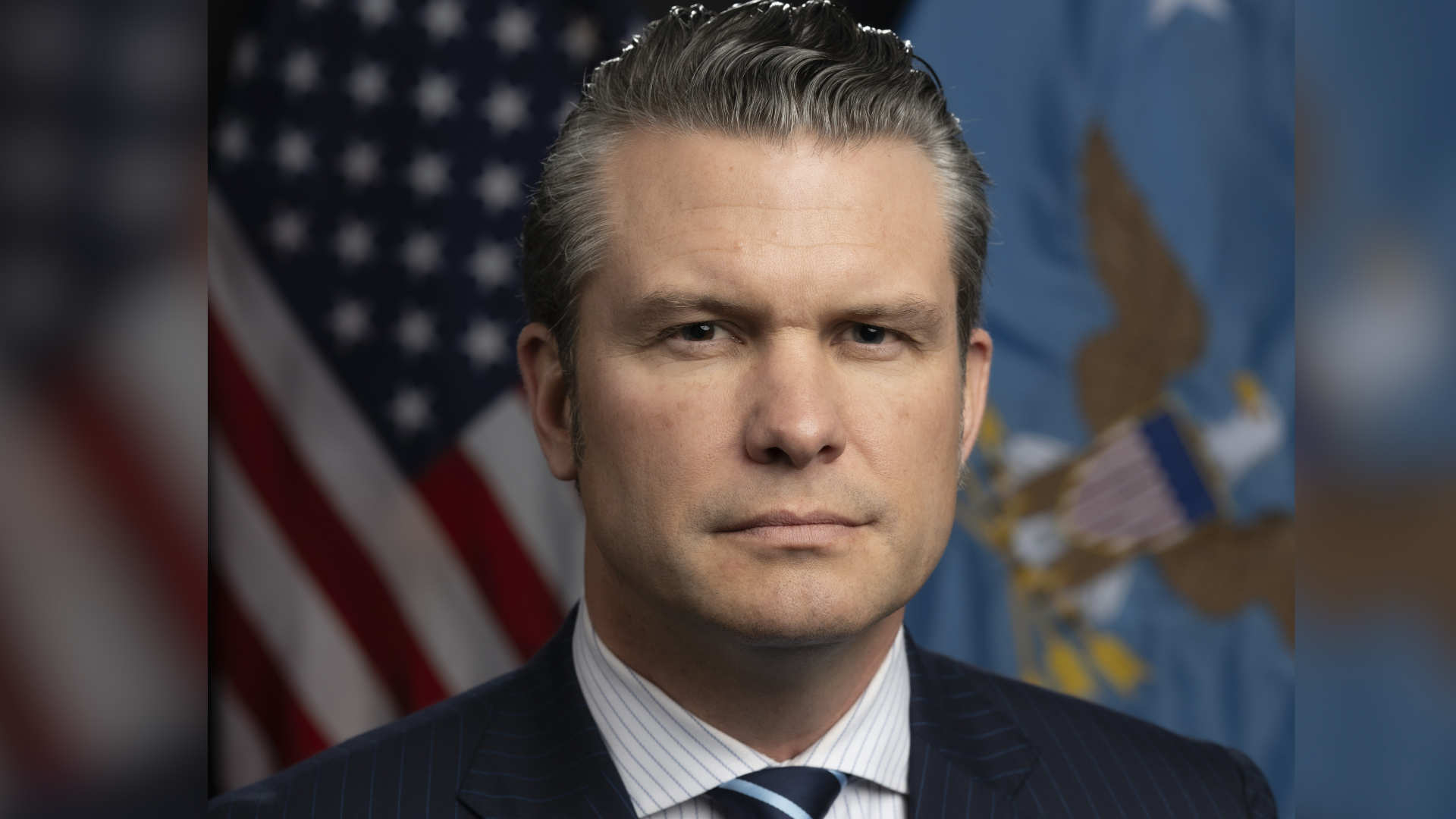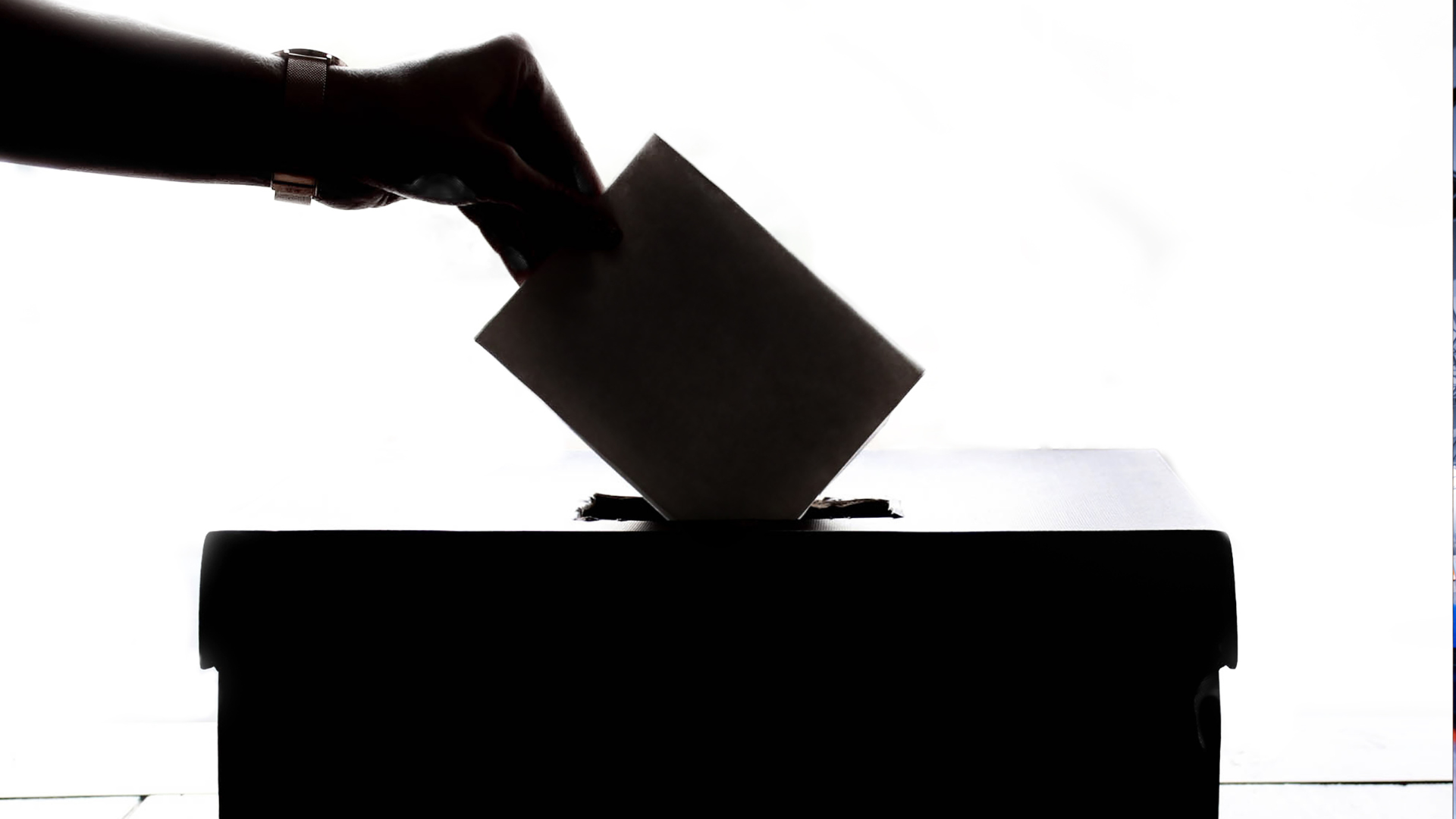
The Civil Aviation Authority of the Philippines (CAAP) today released the first batch of licenses for flight attendants or cabin crew in a move to professionalize their ranks.
The first batch of licenses of 22 flight attendants were released in the CAAP Headquarters in Pasay City earlier today, August 2, 2013.
According to CAAP, mandatory licensing of cabin crew is pursuant to the Civil Aviation Authority Act of 2008 or Republic Act 9497 and the Philippine Civil Aviation Regulations (PCAR).
Memorandum circular no.30-13 series of 2013 dated June 17, 2013 was signed by CAAP Director General William K. Hotchkiss III, ordering all airline operators to require their cabin crew to obtain licenses from the agency.
The memorandum covers all current crew of airline operators who have completed their annual recurrent courses from January to June 2013. They are to accomplish the CAAP Flight Standards Inspectorate service (FSIS) Form 542 together with the supporting documents and personally submit the same to the office of the Licensing and Certification Department (LCD) for license processing. Licensing fee is Php900 for three years and is subject for renewal.
Meanwhile, newly hired cabin crew personnel who have finished training after July 15 are required to take an exam administered by CAAP.
Cabin crew are trained by respective airline operators for 2 up to 4 months depending on the operator and type of aircraft they are to fly in. The training given by airline operators are certified by CAAP.
CAAP has processed 200 licenses and has scheduled the licensing of cabin crew by airline operator. According to CAAP, the processing of licenses of the 3,800 cabin crew personnel of airline operators in the country would be finished by the end of the year.
Cabin Crew as Professionals
CAAP Director General William Hotchkiss III said during the awarding that cabin crew are already “part of aviation safety professionals in the Philippines.” He added that “we have licensed the pilots and licensed the maintenance crew. We decided that we do license for the cabin crew.”
Hotchkiss explained that the license shows commitment to put up the cabin crew profession to certain standards as the cabin crew play an important role in aviation safety.
“Once you get your license, airline management can [no longer] look at you as ordinary employee.” He said that they are “licensed professionals,” so they are to be respected by their employers.
Hotchkiss ended that the license should instill to the cabin crew a sense of responsibility that they cannot abandon their post and go on strike as they should be committed to serve the public and not just the management and themselves.





